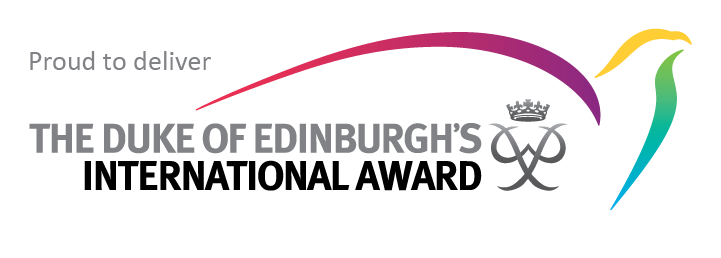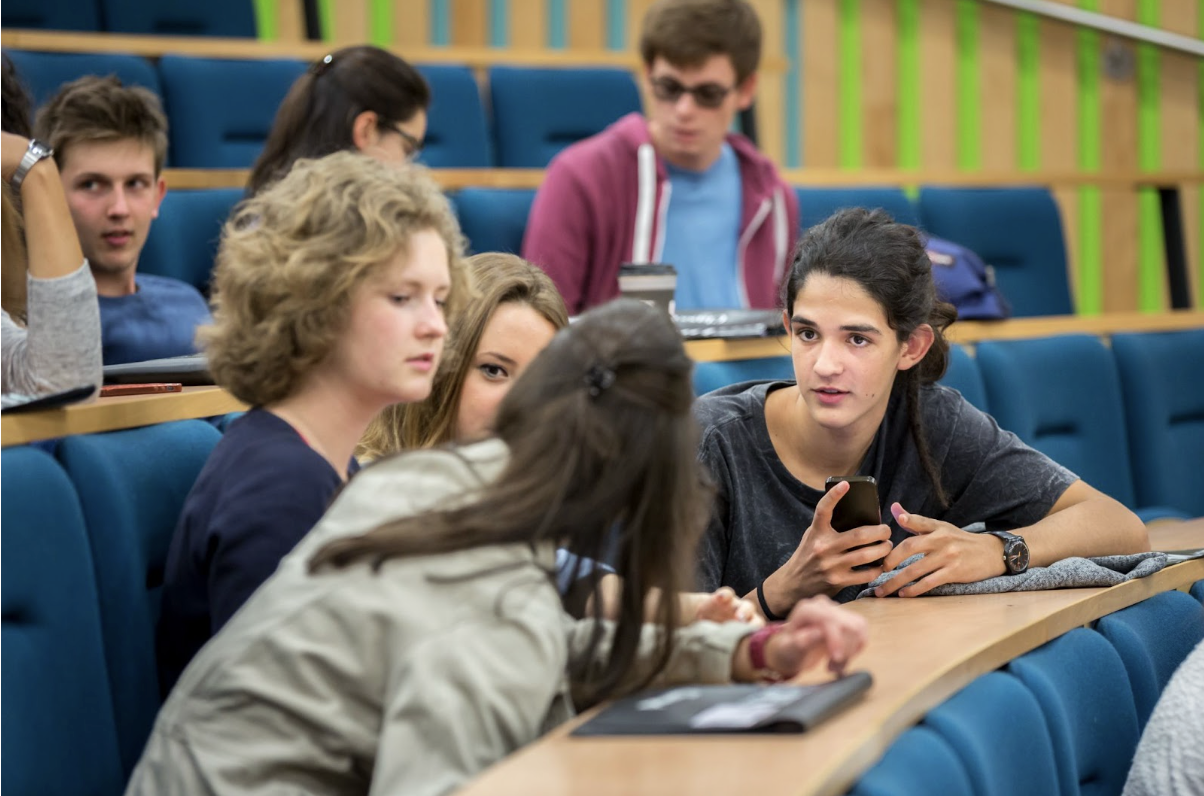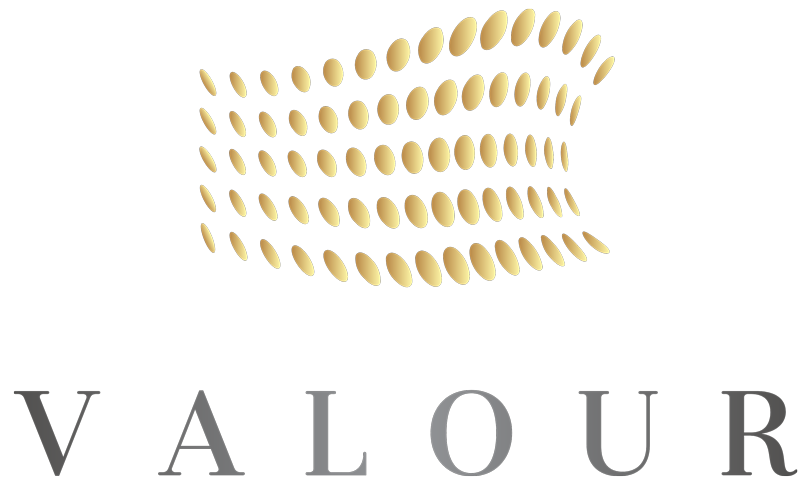The Duke of Edinburgh’s Award: A Plus for Oxbridge Applications!
1. What Is the Duke of Edinburgh’s Award?
Founded in 1956 by Prince Philip, Duke of Edinburgh, the Award aims to encourage young people to achieve personal growth through self-challenge and to make meaningful contributions to their communities and society.
Targeted at youth aged 14 to 24, the program requires participants to demonstrate excellence in four key areas: Volunteering, Skills Development, Physical Activity, and Expedition.
The Award is structured into three levels Bronze, Silver, and Gold each with its own set of requirements and increasing levels of commitment.
Today, the program has engaged over one million young people across more than 100 countries worldwide and is highly regarded by universities and employers alike.

2. Eligibility
To qualify for the Duke of Edinburgh’s Award, candidates are expected to engage in the following areas:
- Volunteering: Contributing to the community through unpaid service, such as helping local residents or supporting charitable initiatives.
- Skills: Developing personal talents, hobbies, or areas of interest ranging from music and art to coding or cooking.
- Physical Activity: Improving fitness through sports, dance, or other forms of exercise.
- Expedition: Planning and completing an adventurous journey on foot, horseback, by boat, or by bicycle, including training in navigation, teamwork, and safety.
These four components are designed to foster well rounded growth, resilience, and a strong sense of responsibility among participants.
3. Award Requirements 📢
The Duke of Edinburgh’s Award is divided into three levels: Bronze, Silver, and Gold. The key differences between these levels lie in the time commitment required, the level of challenge, and the minimum age at which participants may begin. Each level consists of specific requirements across four main sections:
1. Volunteering
This section encourages participants to develop a sense of social responsibility by engaging in volunteer work. Activities may include HIV/AIDS awareness campaigns, volunteering at community hospitals, environmental protection efforts, or specialized training and service such as lifeguard duties.
Examples: Tree planting, elderly care visits, first aid assistance

2. Skills
Encourages participants to develop personal interests and acquire practical life skills. Choose from a wide range of activities that suit you to enhance your abilities and personal growth.
Examples: Singing, dancing, language learning, journalism, web design, painting, cooking

3. Physical
Encourages participants to enhance physical fitness and build mental resilience while maintaining a healthy lifestyle. Activities can be team sports or individual pursuits, with the focus on personal improvement.
Examples: Aerobics, tennis, judo, ice skating

4. Expedition
Encourages participants to develop a spirit of adventure, problem-solving skills, and an understanding and respect for the environment, while emphasizing the importance of teamwork.
Examples: Hiking, trekking, camping, mountaineering, orienteering

5. Residential Section
A special requirement for the Gold Award, where participants must spend 5 days and 4 nights away from home living and engaging in meaningful activities with a group of unfamiliar young people, broadening their personal experience.
Examples: Participation in rehabilitation programs, language immersion courses, youth leadership camps

4. Award Levels 🏆
1. Bronze Award
Age Requirement: 14 years old and above
You will typically need at least 6 months to complete the Bronze Award program.
– Volunteering: 3 months
– Physical Recreation: 3 months
– Skills: 3 months
– Adventurous Journey: 2 days and 1 night
Participants must choose one of the following sections Volunteering, Physical Recreation, or Skills to do for an additional 3 months. You are free to choose which one, but it’s recommended to decide early on which section you’ll extend, as this will help you select suitable activities and set clear goals for each section.
2. Silver Award
Age Requirement: 15 years old and above
If you have already achieved the Bronze Award, the Silver Award typically takes at least 6 months to complete.
If you are starting directly at Silver level, you will need to commit 12 months.
– Volunteering: 6 months
– Physical Recreation and Skills:
• Do one section for 6 months
• Do the other section for 3 months
– Adventurous Journey: 3 days and 2 nights
If you haven’t completed the Bronze Award, you must spend an additional 6 months in either the Volunteering section or whichever of Physical Recreation or Skills you’re doing for the longer period, making your total commitment 12 months.
3. Gold Award
Age Requirement: 16 years old and above
If you have already achieved the Silver Award, the Gold Award typically takes at least 12 months to complete.
If you are starting directly at the Gold level, you will need to commit 18 months.
The key difference at this level is the Residential Project participants must spend 5 days and 4 nights away from home, taking part in a shared activity with people they don’t know.
– Volunteering: 12 months
– Physical Recreation and Skills:
• Do one section for 12 months
• Do the other section for 6 months
– Adventurous Journey: 4 days and 3 nights
– Residential Project: Undertake a shared activity away from home for 5 days and 4 nights
If you haven’t completed the Silver Award, you must spend an additional 6 months in either Volunteering or whichever of Physical Recreation or Skills you’re doing for the longer period, making your total commitment 18 months.
Upon successfully completing the Gold Award, participants may be invited to a Royal Palace in the UK to receive their award personally from a member of the Royal Family a once in a lifetime celebration honouring your incredible achievement!
5. What Can You Gain from It?
The Duke of Edinburgh’s International Award empowers participants to discover their hidden talents and strengths through a wide range of physical and creative activities, fostering personal growth and self confidence.
Throughout the programme, young people gain insight into various industries, expand their social networks, and experience different cultures. By engaging in community service, they develop a sense of achievement and gain a clearer understanding of their strengths and weaknesses, enabling them to plan their futures more effectively. These experiences also equip them with essential life skills such as teamwork, interpersonal communication, problem solving, and decision making. Participants learn to take responsibility for their actions and make independent choices regarding their personal development.
In addition to personal growth, the Award can enhance a student’s chances of being admitted to world-renowned universities. Those who complete the Gold level often stand out in applications to top institutions in the UK and around the world, receiving favourable consideration.
Moreover, employers highly value the leadership, teamwork, self motivation, communication, confidence, and learning skills developed through the Award. Some companies even regard the Gold Award certificate as a qualification on par with academic credentials like A-Levels.
6. Q&A
Q: Where can I take part in these activities?
A:
The DofE Charity licenses thousands of organisations that work with young people including schools, colleges, and youth groupsvto run DofE programmes across the UK.
If you’re interested in joining the DofE:
– Ask at your school, college, or university
– Join a national youth organisation that offers the DofE, such as the Scouts or Girlguiding
– Contact your local youth club
– If you’re 18 or over, you can complete your Gold Award programme through DofE Direct
Q: How much does it cost?
A:
The current Welcome Packs which include participation fees cost £28 (approximately NT$1,163) for Bronze and Silver levels, and £35 (approximately NT$1,453) for the Gold level.
Additional costs may apply depending on the activities chosen. DofE Licensed Organisations (such as schools) may also charge a small fee to cover administrative or other operational costs.
7. Conclusion
Participating in the Duke of Edinburgh’s Award not only helps enhance your overall personal development but also demonstrates proactivity and a global perspective in your university applications. This program is highly regarded by top universities in the UK, the US, Canada, and other countries.
If you are preparing to apply for overseas universities, consider including extracurricular programs like this in your planning. Together with your personal statement, recommendation letters, and academic achievements, these experiences can help create a more compelling application.
To learn how to effectively integrate extracurricular activities into your study abroad application, feel free to consult our professional advisors. Your future, Valour Education is here to support you.

